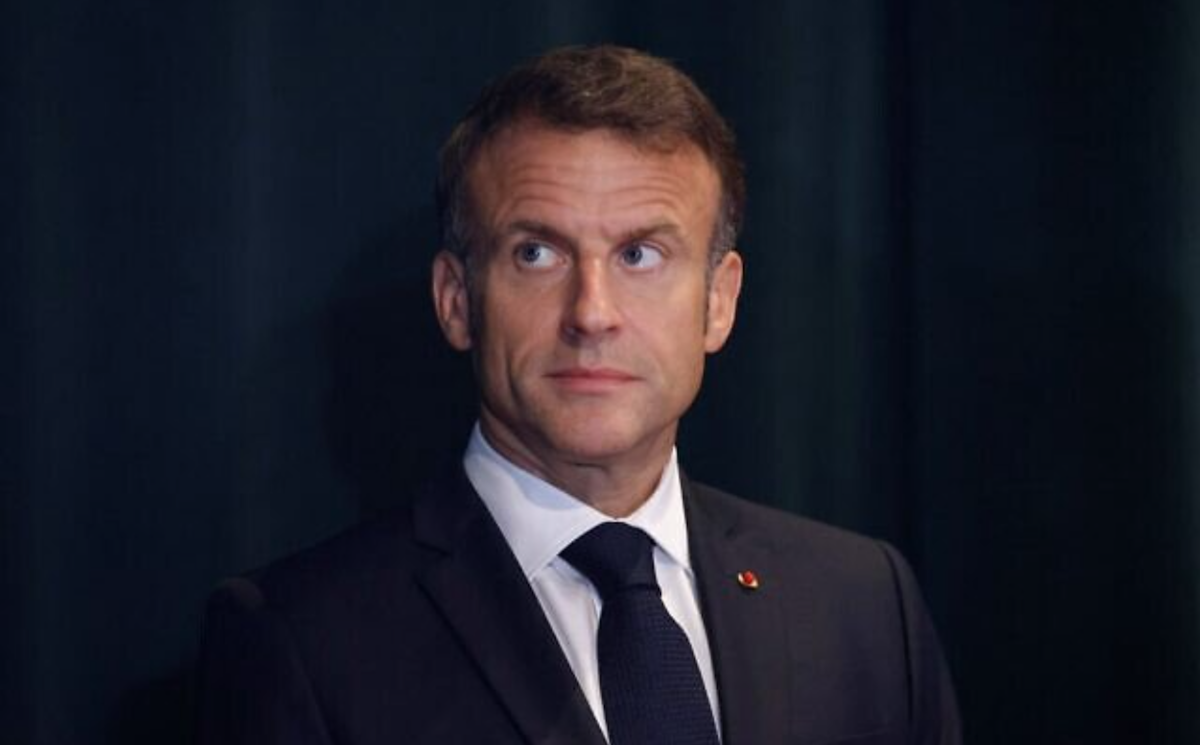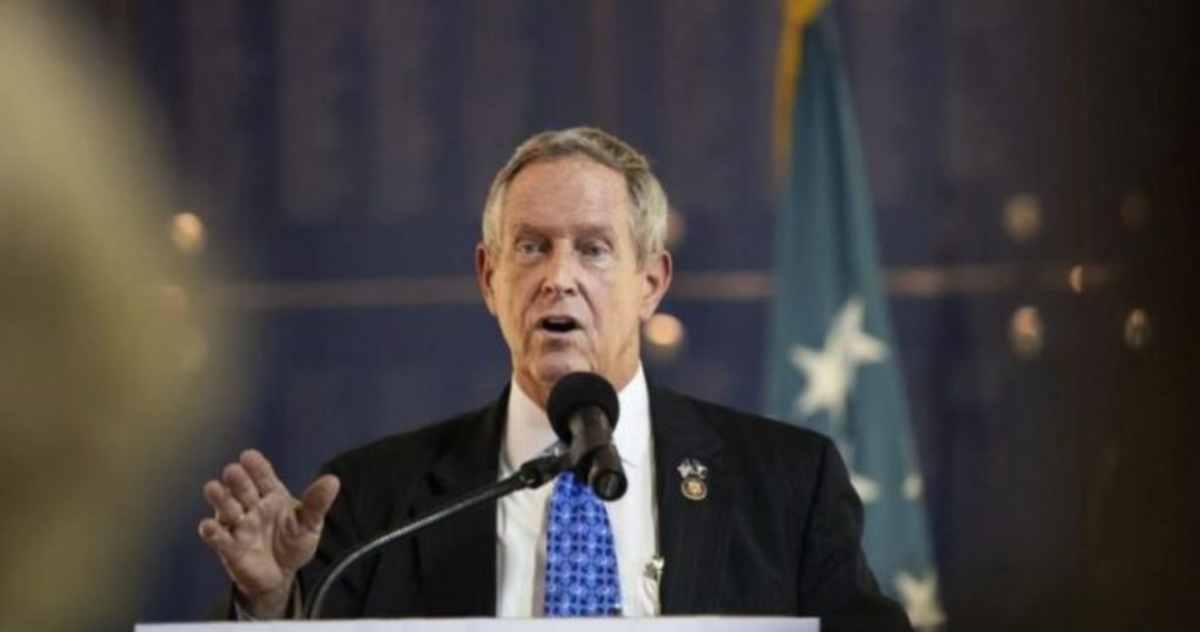Antony Blinken: 'We discussed Georgia during talks with France's Foreign Minister'
Antony Blinken comments on Georgia
U.S. Secretary of State Antony Blinken stated during a press conference with French Foreign Minister Jean-Noël Barrot that the issue of Georgia was also discussed during their meeting.
Blinken reiterated that “Georgian Dream’s” departure from democratic principles is “deeply concerning” and noted that the imposition of sanctions on senior “Georgian Dream” officials and the suspension of Western aid to the country’s government are the results of actions taken by “Georgian Dream.” Among these actions, Antony Blinken highlighted the 2024 parliamentary elections, which “raised many questions.”
The parliamentary elections on October 26 triggered mass protests across Georgia. Four opposition groups that gained seats in parliament—three coalitions and one party—unanimously declared the election process fraudulent, refused to recognize the legitimacy of the new parliament, and declined their mandates.
Georgia’s President Salome Zourabichvili also denounced the elections as fraudulent, declaring the newly elected parliament and all its decisions illegitimate. She stated she would remain in office until new parliamentary elections are held, enabling a lawful change of power in the country.
On November 28, Prime Minister Irakli Kobakhidze of “Georgian Dream” announced that Georgia would suspend negotiations on EU membership until 2028. This sparked a new wave of ongoing protests. Tens of thousands of people are demanding the protection of the constitution, which enshrines the country’s commitment to European integration, and the holding of new parliamentary elections.
What did Antony Blinken say about Georgia?
“[What is happening in the country is] not merely a regression in democratic development but a departure from the aspirations of the overwhelming majority of the Georgian people—the desire to build a future closer to Europe.
Seeing a government act against the clear will of the people; considering elections that have raised many questions; and witnessing government repression against those attempting to speak freely and openly, we, along with our partners, have taken action.
We have imposed sanctions on the leader of the ‘Georgian Dream’ party, Bidzina Ivanishvili, as well as other government members. We have suspended U.S. assistance to the Georgian government. Working with nearly all of our partners in the OSCE, including France, we have activated the OSCE’s Vienna Mechanism (a method aimed at upholding human rights in OSCE member states) to clearly communicate that the steps being taken by [‘Georgian Dream’] must change.
I think everyone can see that the U.S., France, and many other countries share a common goal regarding the actions of the Georgian government.”
On January 6, French President Emmanuel Macron, during the annual meeting with French ambassadors, spoke about Russia’s aggressive policies towards Georgia and other post-Soviet countries, citing the destabilization of the October parliamentary elections as an example.
“In recent years, Russia has intensified its aggression towards Europe and other parts of the world. We see this in Armenia—Russia suddenly became an ally of Azerbaijan simply because Armenians resisted it. We see this in Georgia—through the destabilization of the electoral process,” Macron stated.
The French Ambassador to Georgia, Sheraz Gasri, responded to Macron’s statement on the social media platform X, noting that the French president supports new parliamentary elections in Georgia:
“Emmanuel Macron identifies supporting fighters for democracy and freedom as a priority of our foreign policy. He values the courage of the demonstrators and Salome Zourabichvili in Georgia and emphasizes that new elections could provide a way out of the political crisis.”




















